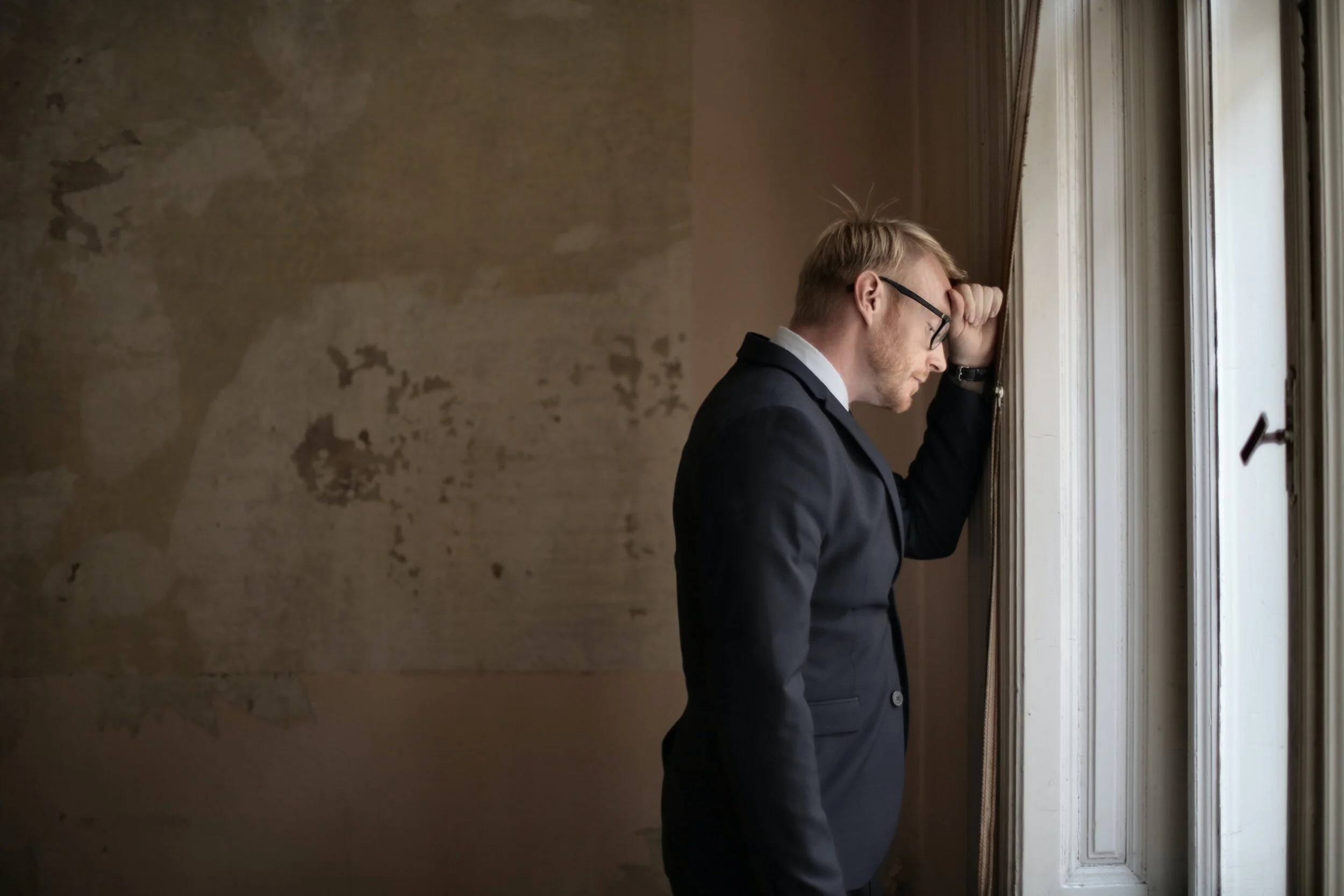How Can Anxiety Show Up Relationally?
By Samantha Woo, LCSW, Certified Anxiety Therapist
Unfortunately, pop culture has conditioned us to perceive anxiety as some version of Piglet, a Woody Allen character, or a completely frantic and “woke” character in an apocalyptic movie. Under the radar, however, anxiety may be driving “normal” looking behaviors you may be experiencing.
We all have anxious parts to our make-up. We need them. It is a survival instinct to be anxious, because anxiety is basically our nervous system telling us, “Hey, there is threat, so be on alert!” The problem occurs when it drives our actions in a way that takes us off balance, and out of the wellness path.
The subtle danger of these “normal” looking forms of anxiety is that on the surface they look like acceptable, or even “healthy” coping skills: hard work, long exercise routines, binge watching, binge gaming, binge anything that is good….but too much of a good thing can cause stress (ask Physical Therapists who treat weekend warriors with literal stress fractures). We all know that this type of long term “stress” can contribute to an array of health issues.
Listed below are three well-known “freeze, flee, fight” reactions in a more relational light. These autonomic responses are very common-sense ways our nervous systems have adapted to environmental stress. And it is important not to shame or condemn, but to welcome and be curious about these responses. In some cases they keep us and others alive. The key is to notice when these responses stop becoming helpful, and start becoming more hurtful to you and your relationships.
The Avoidant, Withdrawn, “Frozen”, ”Stuck” state of Anxiety
It’s understandable when you are tired from a long week, and you want to stay inside rather than go out to socialize. A question you may want to ask yourself is: what is driving the decision? Is there a fear /alert system that is driving inaction? What would happen in you if you did go out? Feeling “withdrawn” can be a form of the “frozen” response. Even in your career, is there a way you hold yourself back from contributing to the team? or feel “stuck”?
Another personality aspect of anxiety you may notice in relationships, can be some tendency in an “uptight” attitude. Do you find yourself “witholding ” in relationships? Is “uptight” a word that has been used to describe you? Maybe you describe yourself as very “private”, not particularly open to vulnerability. But is there an underlying anxious state that is driving this protective state?
2. The Escape (Flee) State of Anxiety:
Do you find yourself excessively “turning to” activities, things, people, out of habit in ways that help escape the current situation? Are you enjoying sports for the activity’s sake, or are they being used as distractions that make reality even harder to come back to? Are you having “withdrawal symptoms” without these things?
Or, whether it is in a long term relationship, or a small disagreement, is your first impulse “to leave”, “quit”, shut down, either physically or emotionally from a difficult current situation?
3. “Fight-state” of Anxiety
Do you find yourself having to win an argument, or yelling at your kids, or “demanding” things from people and situations around you? (have you been called a “Karen”"? wink wink) You may say “I’m just a perfectionist”, and maybe so, but why? What underlies your fear of mistakes or imperfections? What would happen if the full spectrum of your human frailty were revealed to others as well as yourself?
On the other hand, do you feel like you have to do things, because no one else will? Do you find yourself constantly going and feeling bored and restless when it’s too quiet? All with with the “go get” , “go fix” muscle tension. This is actually a combination of the escape and fight states of anxiety.
Again, these are just examples of how anxious feelings can sometimes drive us, even in what appear as predictable, normal habits.
Too many times, people appear to function well on the surface because they “power through” the uncomfortable, unsettled feelings. But just as Besser Van der Kolk’s book delineates (and is aptly titled) , the body does keep the score, and your body cannot lie. Our bodies hold all of the stress, trauma, anxiety, and will show it eventually. For true wellness, it may be worth looking at how we deal with stress here and now.
To find out how you can begin finding more peace and less stress, click the button “Get Started” to schedule a 15 minute consultation.




